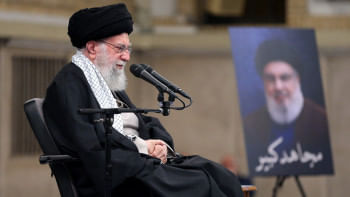Author Rabeya Khatun Passes Away at 86

Prolific writer Rabeya Khatun, a recipient of the Bangla Academy Literary Award 1973, Ekushey Padak 1993, and the Independence Day Award 2017, passed away on January 3, 2021 after suffering from a long period of health complications. She began her literary career in the 1950s while working under Jahanara Imam at Khawateen magazine, as the editor of the literature segment of Cinema magazine, and later as the editor of the monthly women's magazine, Anagana.
An apt chronicler of her time, Rabeya Khatun's oeuvre bears testimony to the changing historical landscape around her. Her novel on Partition, Rajarbagh (1967) was first serially published in Begum, the eminent women's magazine of the time. Her critically acclaimed novel Modhumati (1963) depicts the lives of weavers on the banks of the river Modhumati. She wrote about her experiences of the Liberation War in Ekattorer Noy Mashe (1990).
Film adaptations of her works Kokhono Megh Kokhono Brishti (2003), Megher Pore Megh (2004) and Madhumati (2011) have resulted in notable commercial and critical success.
Rabeya Khatun has written extensively on her travels around the world, which include Thames theke Niagara, Cherry fotar dine Japan-e, Kumari Matir Desh Australia-y. Bengali women travel writers are very rare even to this day and it is a riveting experience to see the world through the eyes of a Bengali woman who spent her adolescence in British India and had lived through Partition, our troubling existence as part of Pakistan, and the Liberation War. These travelogues can read like eloquent entries of a tourist's travel log in their perspective but they reveal much more about the author's own cultural upbringing and socioeconomic niche. In a time when we no longer rely solely on books to learn about the current affairs of other parts of the world, what doesn't cease to delight one is reading Rabeya Khatun's joy on first seeing the cherry blossoms in Japan.

 For all latest news, follow The Daily Star's Google News channel.
For all latest news, follow The Daily Star's Google News channel. 



Comments